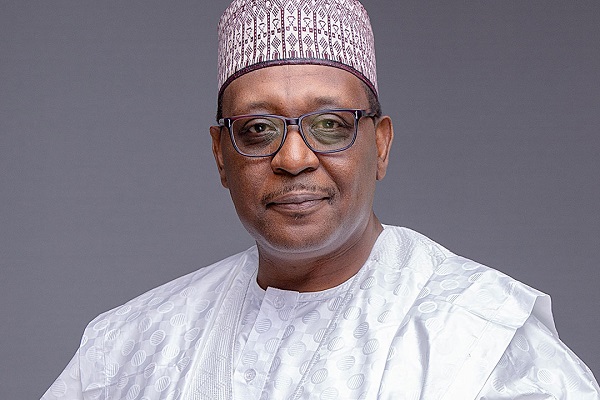
In a significant move towards advancing healthcare in Nigeria, the Coordinating Ministry of Health and Social Development, Prof. Muhammad Pate has unveiled a comprehensive blueprint for building a resilient and inclusive healthcare system. The minister presented the plan at the 64th Session of the National Council on Health (NCH) held in Ado-Ekiti.
The NCH, a vital policymaking body in Nigeria’s health sector, brings together key leaders annually, including permanent secretaries, honourable commissioners of health, heads of parastatals and directors, to discuss critical health-related issues. This year’s theme, “Building a Resilient and Inclusive Healthcare System for a Healthy Nigeria,” aligns with the ‘Renewed Hope’ agenda, highlighting the importance of a robust healthcare system.
Pate stressed the significance of effective governance, efficient and equitable health systems, unlocking value chains, and ensuring health security. The blueprint focuses on strategic shifts and priority initiatives aimed at accelerating progress towards Universal Health Coverage (UHC) and improving health outcomes across the country.
Collaboration and coordination among stakeholders within the healthcare sector were underscored as essential elements. Pate highlighted that transparency, accountability, and responsiveness to healthcare needs hinge on effective governance.
The minister emphasised the need for policies prioritizing health and well-being, supported by a regulatory framework ensuring quality standards and preventing corruption. Pillars for achieving UHC were identified as efficiency, equity and quality.
Pate stressed the importance of effectively allocating healthcare resources, investing in preventive care and essential services, and embracing technology to streamline healthcare delivery. Quality across the entire healthcare continuum was identified as a critical factor in achieving UHC.
Unlocking value chains in the healthcare sector through innovation, collaboration and coordination among healthcare providers, pharmaceutical companies, and technology developers was given significant attention. The minister highlighted the importance of financing mechanisms, public-private partnerships, and research and development in healthcare.
Given the recent challenges posed by the COVID-19 pandemic, Pate underscored the significance of health security. He emphasized the need to invest in robust healthcare systems capable of detecting, responding to, and preventing health threats in the country.
In addition to outlining the blueprint, Pate revealed plans to redesign the Basic Health Care Provision Fund (BHCPF) to enhance its effectiveness and efficiency in driving strategic shifts and priority initiatives.
The NCH, as the highest policy-making body on health issues in Nigeria, plays a crucial role in advising the government on the development of national policies and guidelines, the implementation and administration of the National Health Policy, and various technical matters related to the organisation, delivery, and distribution of health services.
In a pioneering move towards modernisation, the NCH has transitioned from paper to electronic-based meetings since 2019. The Federal Ministry of Health stands as the first ministry of the government to make this holistic transition. All required documents for deliberations are made available on the NCH App, ensuring a streamlined and efficient decision-making process.
The council’s consideration of key issues, including the adoption of proceedings, the implementation status of resolutions, and recommended memoranda, showcases a commitment to informed decision-making in pursuit of a resilient and inclusive healthcare system for a healthier Nigeria.

